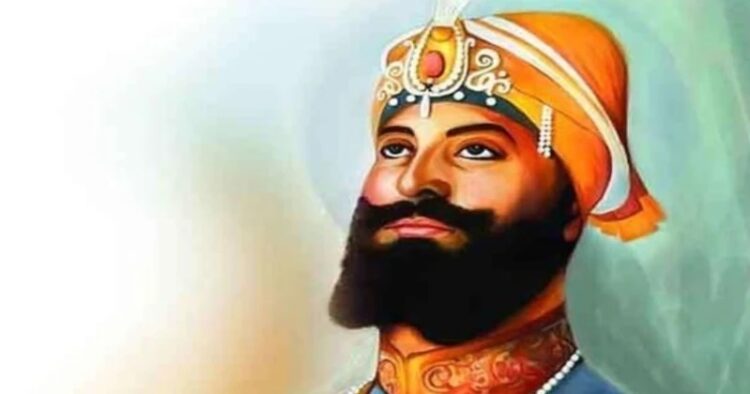The day marks the death anniversary of Guru Gobind Singh, the tenth and final human Sikh Guru, who passed away in 1708. He is known for his multifaceted persona as a warrior, poet, philosopher and spiritual leader, Guru Gobind Singh’s legacy continues to inspire the Sikh community and others around the world. The day, also referred to as Guru Gaddi Diwas, is an occasion when Sikhs gather at gurudwaras to offer prayers and reflect on his contributions to the faith.
One of Guru Gobind Singh’s most important achievements was the founding of the Khalsa in 1699, a warrior community dedicated to upholding righteousness and justice. The creation of the Khalsa was a defining moment for the Sikh community, marking the formalization of their identity.
Guru Gobind Singh introduced the ‘Five Ks’ or the five articles of faith, which became the hallmark of the Sikh identity. The Khalsa warriors, bound by these principles, were expected to abstain from tobacco, alcohol, and halal meat. They were also entrusted with the duty to protect the innocent from persecution.
Guru Gobind Singh made invaluable contributions to Sikh literature. His works include the Jaap Sahib, Tav-Prasad Savaiye, Chandi Di Var, Akal Ustat, and Bachittar Natak, which are revered to this day for their philosophical and spiritual depth.
His Zafarnama, a letter written to Mughal Emperor Aurangzeb, remains a powerful testimony to his spirit and commitment to justice. Guru Gobind Singh’s life was marked by immense sacrifice and struggle. In 1704, during the Battle of Anandpur, his two younger sons and mother was executed by the Mughals, while his eldest son died in battle. His courage and resilience were further demonstrated in the Battle of Muktsar in 1705, where the Sikh forces faced the Mughal army.
Guru Gobind Singh continued to lead the Sikhs with determination. Before his assassination in 1708 by two Afghan men, Jamshed Khan and Wasil Beg, at Nanded in Maharashtra, he declared that the Guru Granth Sahib, the sacred text of the Sikhs, would be the eternal Guru, ensuring that the Sikh faith would be guided by the teachings of the scriptures rather than a human leader.

















Comments